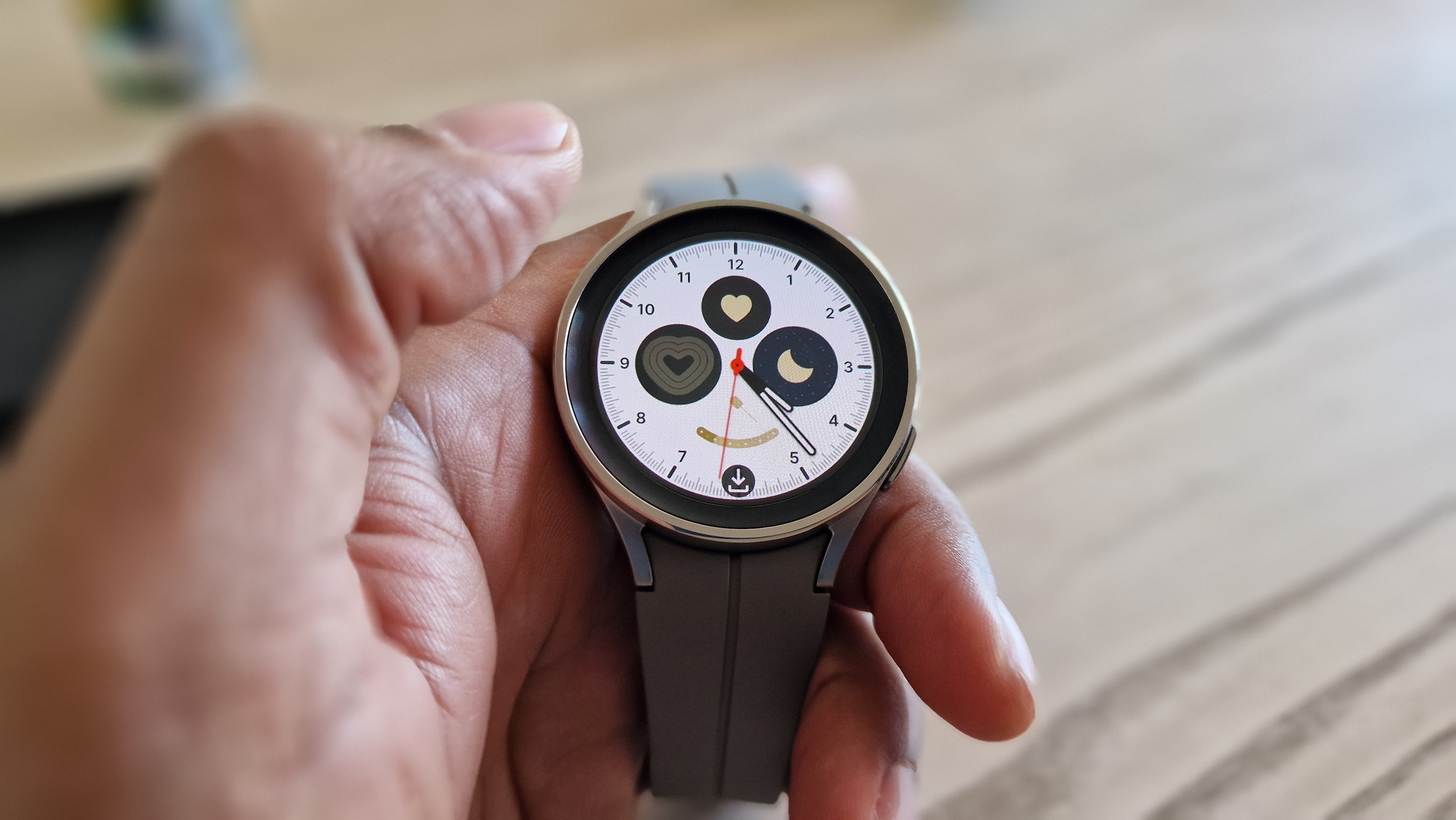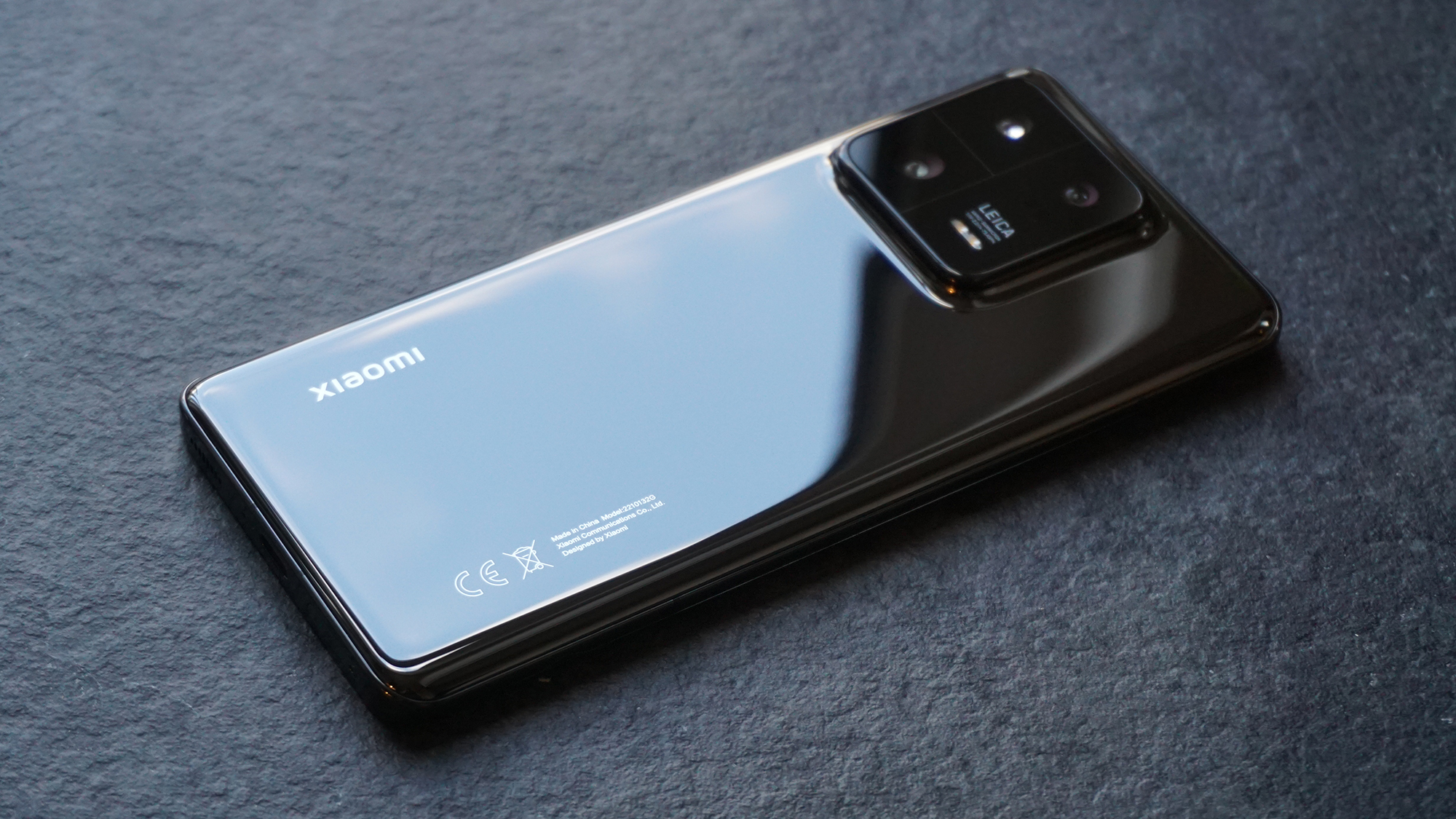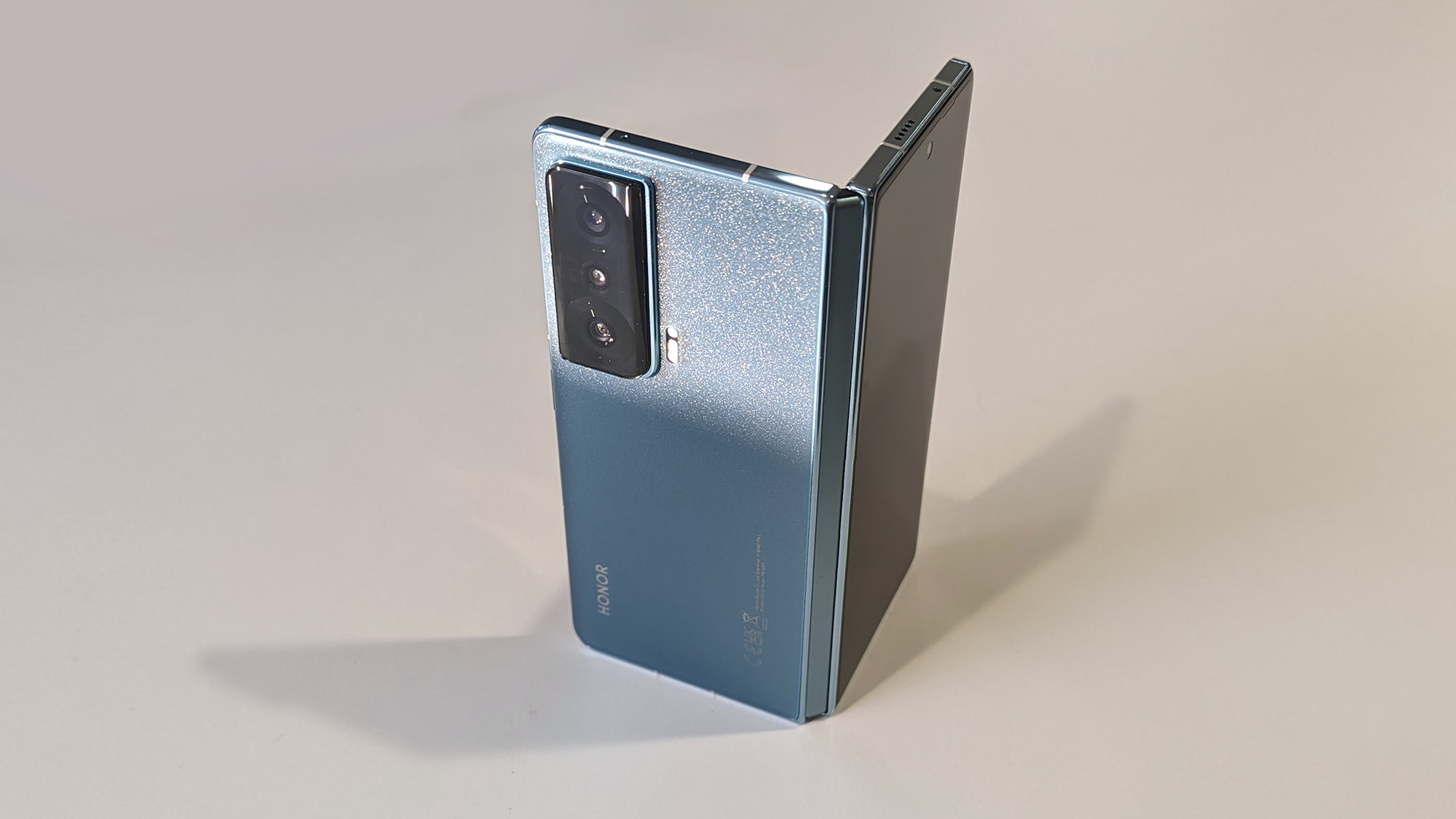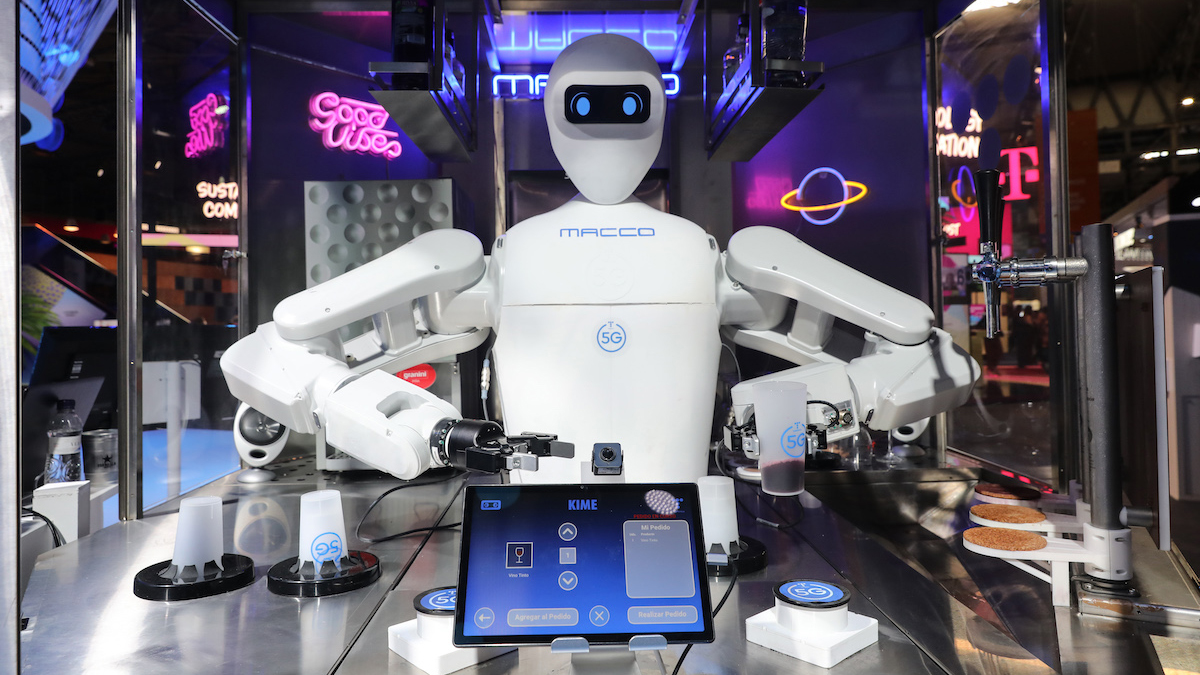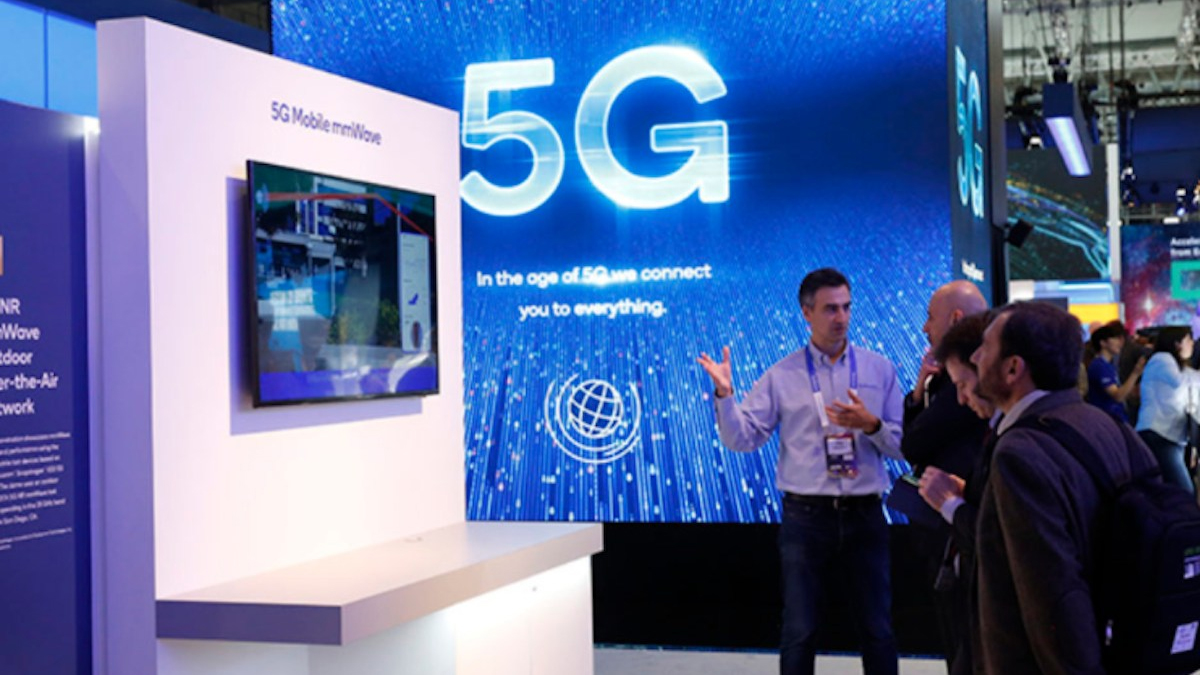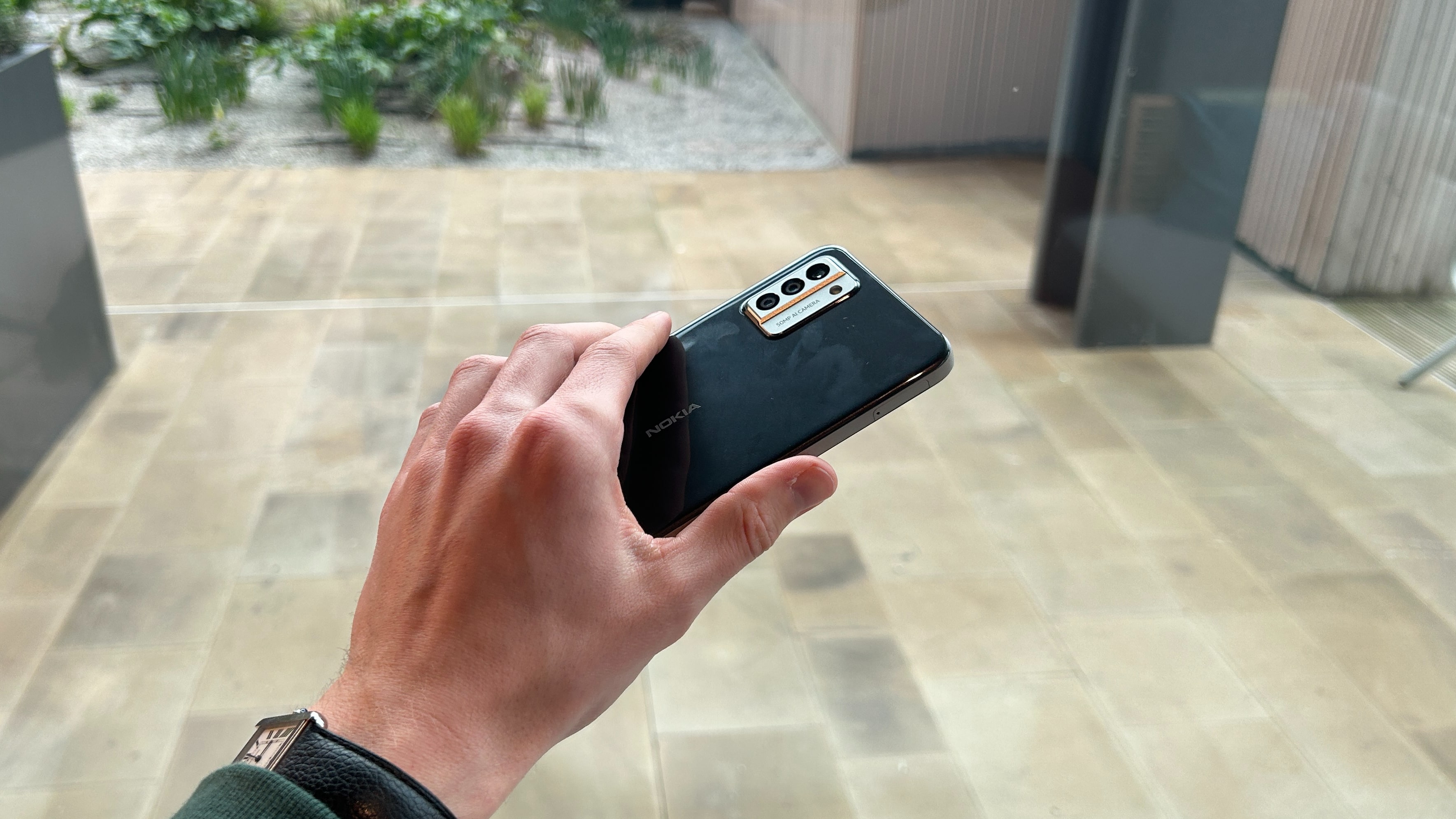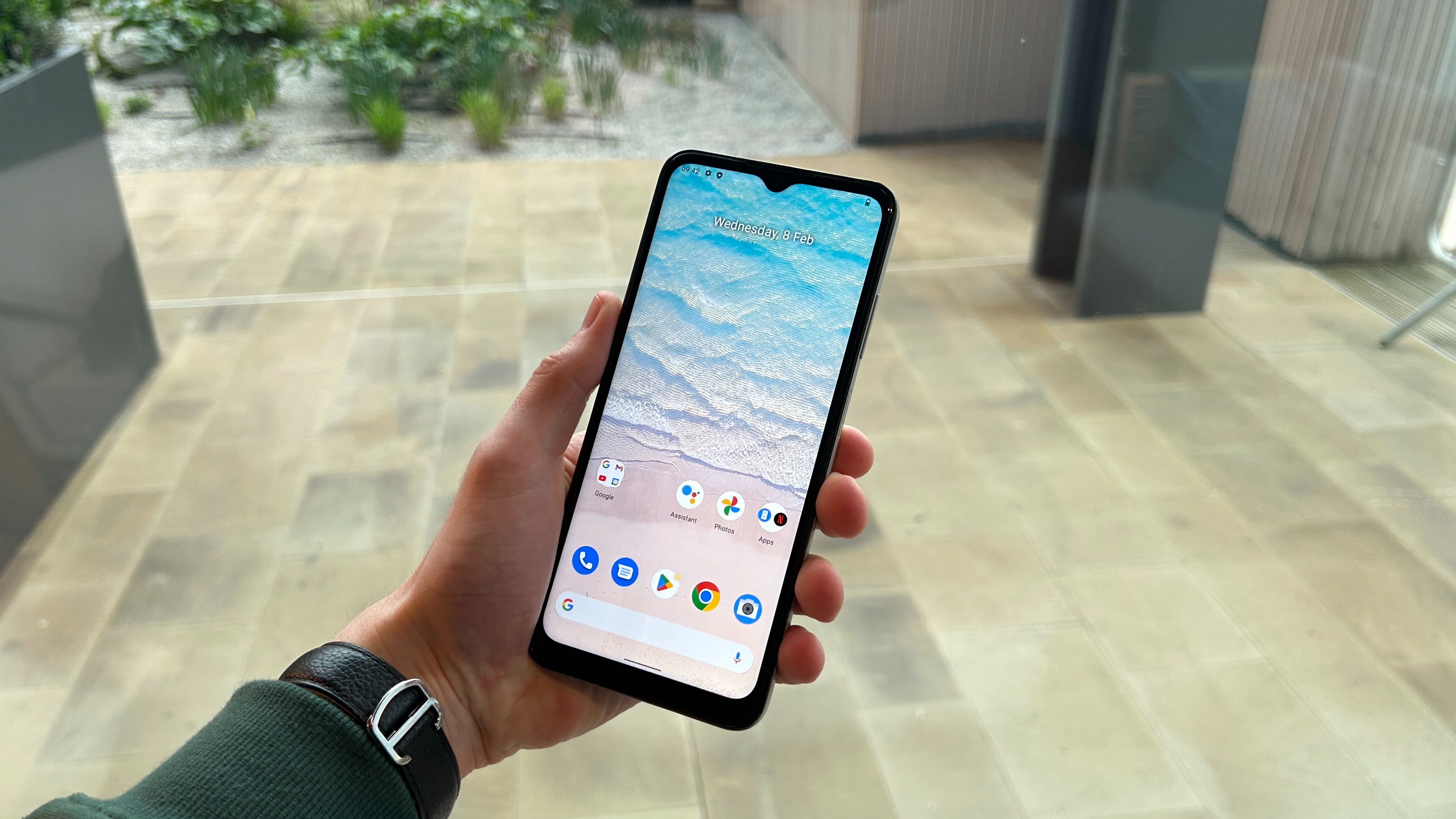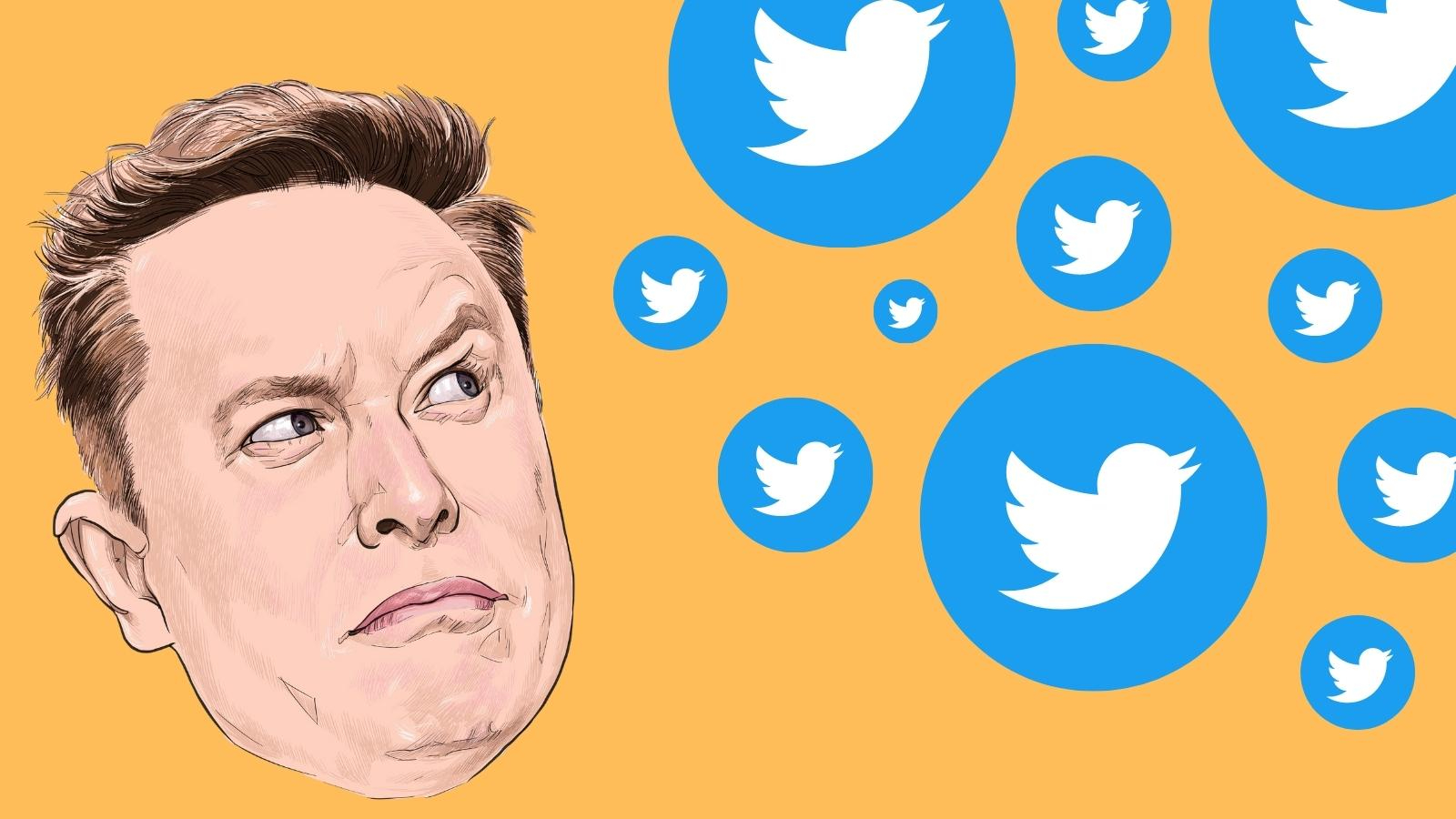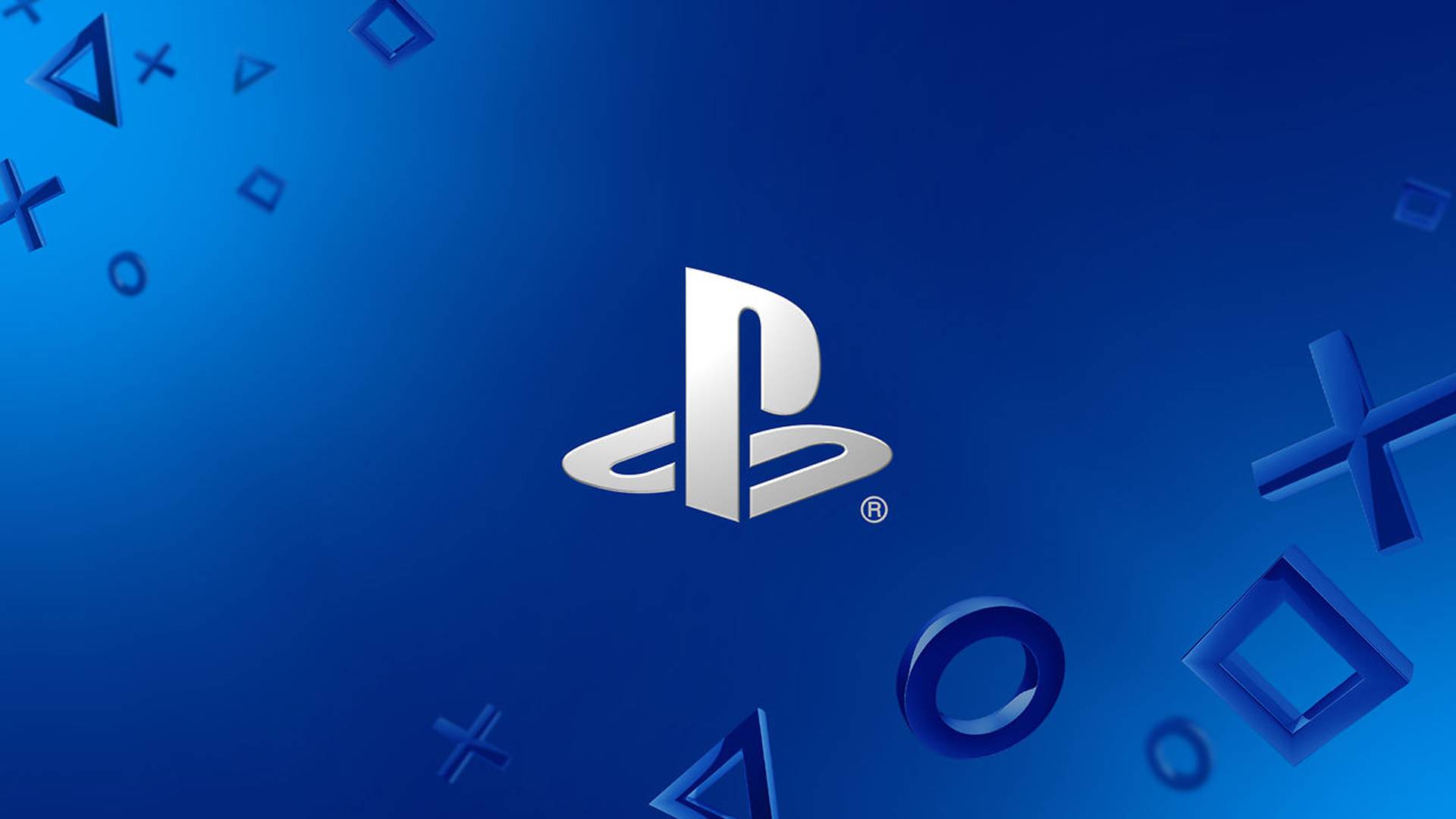The explosion in popularity of the ChatGPT artificial intelligence (AI) chatbot is one to be admired and feared (just a little), and we’re seeing more and more companies scramble to include it in their products as quickly as possible. Meta and Twitter are likely to be next in the Silicon Valley Scramble for AI, and no one seems to be sure what this might mean for users.
We’ve already witnessed the breakdowns of Microsoft’s new ChatGPT-powered Bing and how quickly Microsoft had to act to try and fix the issues the chatbot was facing. A lot of the fixes that had to be made were centred around the way people interacted with Bing AI, ‘jailbreaking’ the bot, getting inaccurate answers and how the bot generally freaked out when confronted with its own existence. A relatable feeling, sure, but these are all problems that had to be dealt with swiftly because of how rushed the rollout of the product was.
Without proper foresight, it’s likely that we’ll continue to see numerous errors (and rushed fixes) because AI-powered technology in the hands of the general public is unpredictable and at times divisive. Google’s own employees aren’t a fan of its version, Google Bard, for example.
So, it’s a bit concerning to see social media giants starting to take interest in this AI boom.
Twitter is apparently considering implementing AI into the platform by developing an alternative to ChatGPT. Late last year Twitter CEO Elon Musk criticised OpenAI - the developers of ChatGPT - for putting safeguards in place that would prevent the chatbot from producing responses that could offend users.
The danger of training AI to be woke – in other words, lie – is deadlyDecember 16, 2022
This included the bot repeating racial slurs, sexist ideologies or drafting inappropriate content. Musk titled ChatGPT’s safeguarding measures as ‘training AI to be woke’ which, while a bizarre thing to say, could give us an insight into what his rival chatbot could be like.
Musk has reportedly recruited Igor Babuschkin, a researcher who recently left Google’s patent company Alphabets’ DeepMind AI unit, and specializes in machine learning models that power chatbots like ChatGPT. We’re uncertain how exactly AI could be injected into Twitter, but Musk’s previous comments decrying the ‘woke’ limits OpenAI put in place, give us concern that its implementation could be offensive, derogatory, and downright toxic.
Facebook has joined the chat
Twitter isn’t the only social media platform eyeing up AI. Facebook CEO Mark Zuckerberg put up a post announcing a new group at Meta (Facebook’s parent company) that will be focused on ‘generative AI’ to boost its products.
The focus seems to be on creating its own AI-powered tools in the short term (probably akin to Microsoft and Google's attempts) and in the longer term, weaving AI more intricately into Whatsapp, Facebook Messenger and Instagram. This means, for the ChatGPT and AI sceptics, unfortunately, that few social media platforms are going to be safe from the clutches of rushed AI.
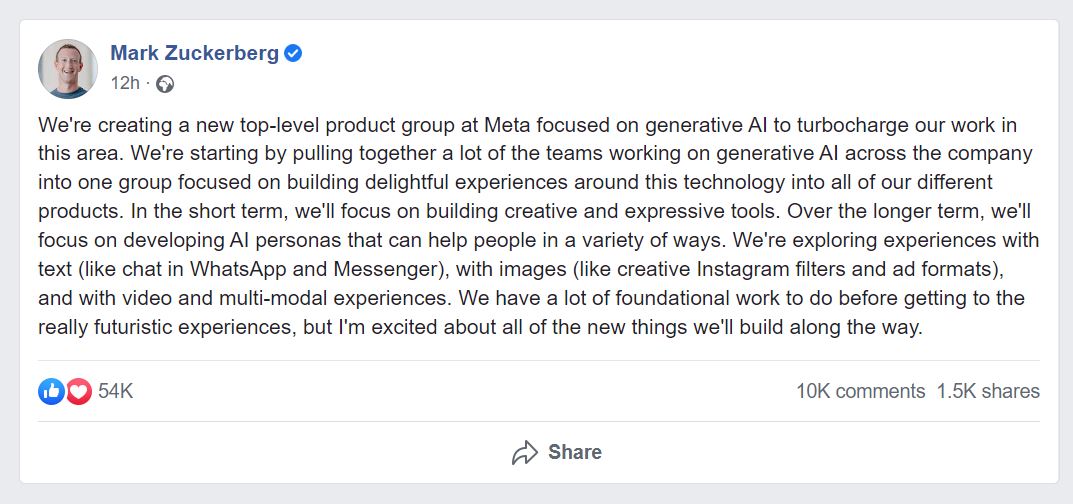
Zuckerberg’s announcement is a little vague, but some of the examples we’re given are creative filters and ad formats on Instagram and enhanced text features for Whatsapp and Messenger. Zuckerberg admits there’s a lot of ‘foundational work to do’ before any of these features are rolled out, which gives us hope that they may be more thought out than their predecessors.
One thing is for sure: it may become harder to avoid the AI influence for much longer and if there’s one silver lining here, we can only hope developers learn from mistakes and mishaps and make the contagious technology better, not quicker. ChatGPT with safeguarding measures in place is still a wild beast to tame at the best of times and is still prone to spitting out hateful language when ‘broken’ or prompted just the right way. The idea of Musk’s ‘anti-woke’ rhetoric seeping into something as complex and unpredictable as AI technology spells nothing but safety concerns for users actively participating in the emerging technology sphere of AI chatbots, and for those of us that are not. It seems like in the mad dash to do it quickly and do it better, companies have not considered how the technology will spill out into more general areas of the internet or into spaces that are not equipt for it.
The hope is that these developers come up with useful tools that will benefit a majority of users and stay contained in their defined purpose, though we cannot be sure of it right now and perhaps bracing for the worst and hoping for the best is a more realistic strategy.
Should we see more AI leak into our social media spheres we’ll have to be more focused on promoting transparency and safety for users not quite acquainted with ChatGPT and its emerging versions, and those of us directly affected by ‘anti-woke’ nonsense propaganda may have to gear up for a turbulent time online.
from TechRadar - All the latest technology news https://ift.tt/XgF9B7A











